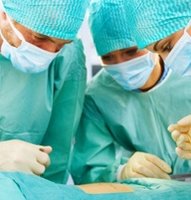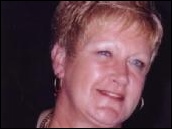Gastric bypass: One man's journey

Baltimore, MD
Obesity is a condition that can cause all sorts of serious health and social problems, and they're all too familiar for an 11 News photographer who decided to have gastric bypass surgery.
Obesity can affect many things in life, including fitting into a movie seat, traveling on an airplane or going to a baseball game. They were problems long-time photographer Howard Melnick has been familiar with his entire life. 11 News decided to follow him on his journey through gastric bypass surgery.
Howard Melnick's Interview
Dr. Thomas Magnuson interview
Melnick has struggled with his weight all his life. He said it's tough carrying around heavy equipment, especially when he weighs more than 400 pounds.
"I was the fat kid who was about 10 minutes behind everybody else on the track. I was the fat kid who couldn't do chin-ups," he said.
Howard Melnick
Photographer Howard Melnick chose to get gastric bypass surgery.
His obesity has led to hypertension, sleep apnea and serious knee problems.
"My knees are shot -- just shot, and I need my knees (for work)," he said.
Finally, Melnick and his wife, Debbie, decided he would have bariatric surgery, or gastric bypass.
"It's the curse of my life. With Debbie, we love our lives today ... except for the weight," Melnick said.
Melnick's wife said she was fully supportive of his decision, but still worried because it was a big surgery.
"I'm very nervous, probably more than he is," she said.
Dr. Thomas Magnuson, the chief of general surgery at Johns Hopkins Bayview Hospital, said the surgery would take about three hours to complete and told Melnick the procedure has come a long way since it was first developed.
"Twenty years ago, people would lose weight then gain it back in two years (after gastric bypass). Now, they're more durable," said Dr. Thomas Magnuson
"They're a lot safer and they work better and last long-term. Twenty years ago, people would lose weight then gain it back in two years. Now, they're more durable -- a lifetime," Magnuson said.
Melnick could eventually lose many of the medical conditions caused by his obesity, Magnuson said.
After extensive counseling on nutrition, lifestyle and exercise, Melnick had his surgery.
"It hurts when I sit up and lay back down, but when I'm walking, not so much. They had me up last night," Melnick told 11 News the day after his surgery.
One week later, doctors said the surgery went well, and Melnick said he had already lost about eight pounds and was feeling great.


